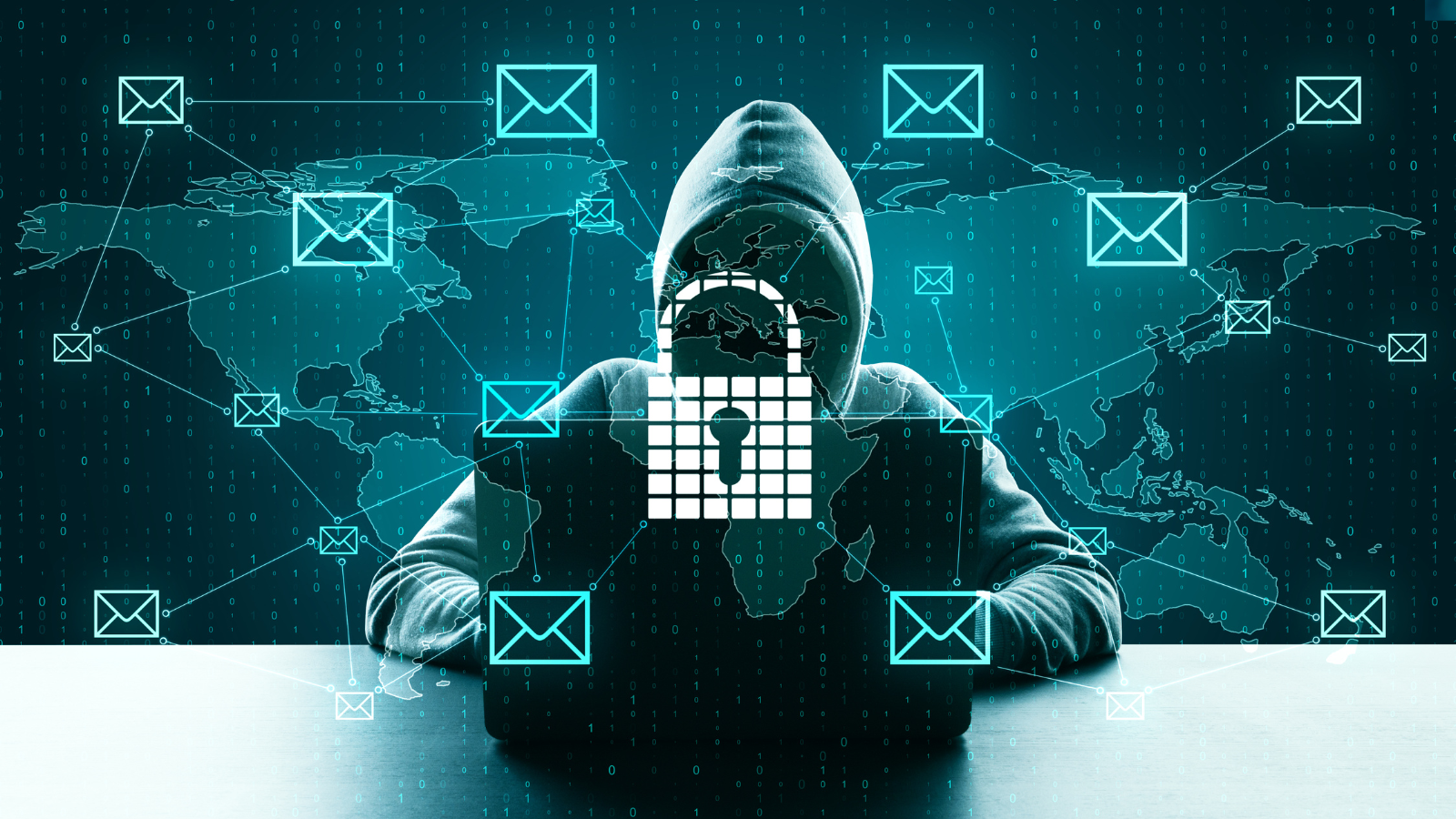
Flexible remote working has become a convenient perk of today’s constantly connected world.
Smart phones, laptops and cloud computing make it easier than ever to work from home or even when out on the move.
Whilst flexible working options make for happier employees, it’s essential not to let remote working put your business’ security at risk.
If your employees often login to your business systems whilst out of the office, they need to know how to do so safely to avoid compromising security.
One of the biggest threats when working remotely is connecting to public wi-fi hotspots. Before employees are granted permission to login to company systems outside of work, they should be trained in remote working best practice and the risks associated with public wi-fi.
What are the risks of connecting to public wi-fi?
Public wi-fi hotspots are conveniently located in airports, shops, hotels, restaurants, shopping centres and even on public transport. If you’re trying to keep your mobile data bill down, then they are very handy, but be warned that connecting to them can sometimes come at a price and so isn’t advised if you’re going to be viewing confidential information.
The problem with public wi-fi is that it’s not secure, making those connected easy targets for cyber criminals.
Connecting to public wi-fi can put you at risk of:
-
Eavesdropping – this is when cyber criminals use software or devices to view what you’re doing online and capture your login credentials.
-
Connecting to fake hotspots disguised as legitimate networks – accidently connecting to a rogue hotspot is another way of giving criminals access to sensitive information you’re viewing online.
-
Viruses/Malware – unsecure networks give viruses a platform from which they can easily spread from one connected device to another.
Staying safe when working remotely
To protect yourself and company networks and data, it’s important to remain vigilant when working remotely.
-
If possible, it’s best to avoid connecting to public wi-fi hotspots, especially those that aren’t password protected.
-
Make sure your devices aren’t set up to auto-connect to wi-fi.
-
Turn off wi-fi and bluetooth when you’re not using them, especially on business devices.
-
Make sure your anti-virus software is switched on and up to date.
-
If you do need to use public wi-fi on a laptop:
-
Use a VPN to encrypt your web traffic
-
Only visit https websites
-
Logout of your accounts at the end of your session
-
What is a VPN?
VPN stands for Virtual Private Network. Using a VPN secures your connection by encrypting (or scrambling) the data that you send and receive across the internet, making it unreadable to anyone who tries to eavesdrop. A VPN keeps your online activity anonymous by masking your identity and location.
If your business need to secure devices for remote working, speak to one of our IT security experts here at Everything Tech by giving us a call on 0161 826 2220.


